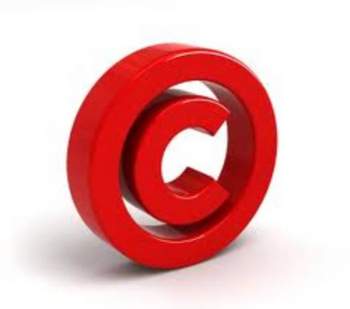
In re Aimster Copyright Litigation

In re Aimster Copyright Litigation
This case was brought to the United States Court of Appeals for the Seventh Circuit after multiple owners of copyrights in the recording industry brought a case against a file-sharing website called “Aimster,” which was renamed “Madster.”
After the creator of the website, John Deep, and corporations owned by him faced lawsuits in the Northern District of Illinois, he appealed the lawsuit and claimed that the website did not necessarily infringe on copyrights.
The case was argued in the Appeal Court starting June 4, 2003, and the Court affirmed the original verdict on June 30, 2003. Deep was convicted of copyright infringement.
In re Aimster Copyright Litigation and the Law
During the appeal, Deep argued that Aimster was not liable for monetary relief because the website met conditions under 17 U.S.C. §512(a). This subdivision states a file-sharing website is not liable for monetary relief if:
1. “the transmission of the material was initiated by or at the direction of a person other than the service provider”
2. “the transmission, routing, provision of connections, or storage is carried out through an automatic technical process without selection of the material by the service provider”
3. “the service provider does not select the recipients of the material except as an automatic response to the request of another person”
4. “no copy of the material made by the service provider in the court of such intermediate or transient storage is maintained on the system or network in a manner ordinarily accessible to anyone other than anticipated recipients”
5. “the material is transmitted through the system or network without modification of its content”
Arguments During In re Aimster Copyright Litigation
Several arguments were made during the appeal. Firstly, Deep claimed there was “willful blindness” to what songs and how many songs were being uploaded and copied on the website because there was an encryption feature. The following arguments were also made:
1. Not all of the music being shared was copyrighted, and of the valid copyrights had expired.
2. The file-swapping service would increase the value of the recording because “free riders” were not popular—or people who never uploaded content but simply downloaded material.
3. Requests for certain songs were never in Aimsters control because many chat-room messages allowed users to request certain material and make opinions about the music.
4. The encryption feature was used for other purposes than just copyrighted music.
5. Aimster gave a person ability to download music they already owned. For example, if they bought a popular CD but did not have the CD with them, they could download the content from Aimster.
Ultimately, Aimster did not fall into a “safe harbor,” a copyright infringement law that protects internet service providers from liability against copyright infringement. 17 U.S.C §512(i) requires a website like Aimster to notify and terminate users who repeatedly infringe copyrights.
The case was similar to the charges brought against Napster. Internet service providers will now notify users if the content they are about to download is protected by copyright law. They ISPs will also threaten litigation if the illegal activity continues.
Sources:
1. http://www.law.cornell.edu/uscode/text/17/512
2. http://homepages.law.asu.edu/~dkarjala/cyberlaw/inreaimster%289c6-30-03%29.htm



















